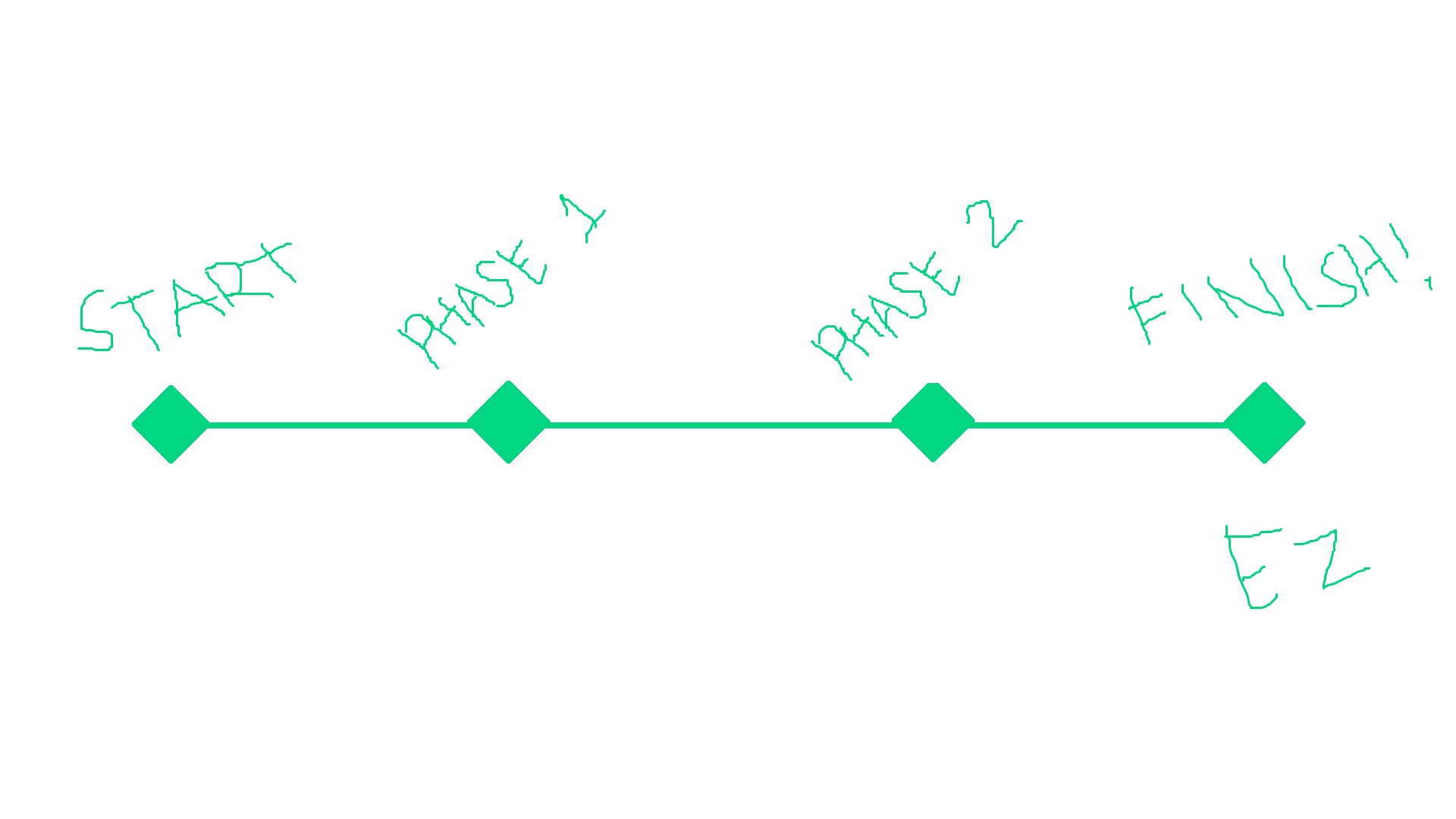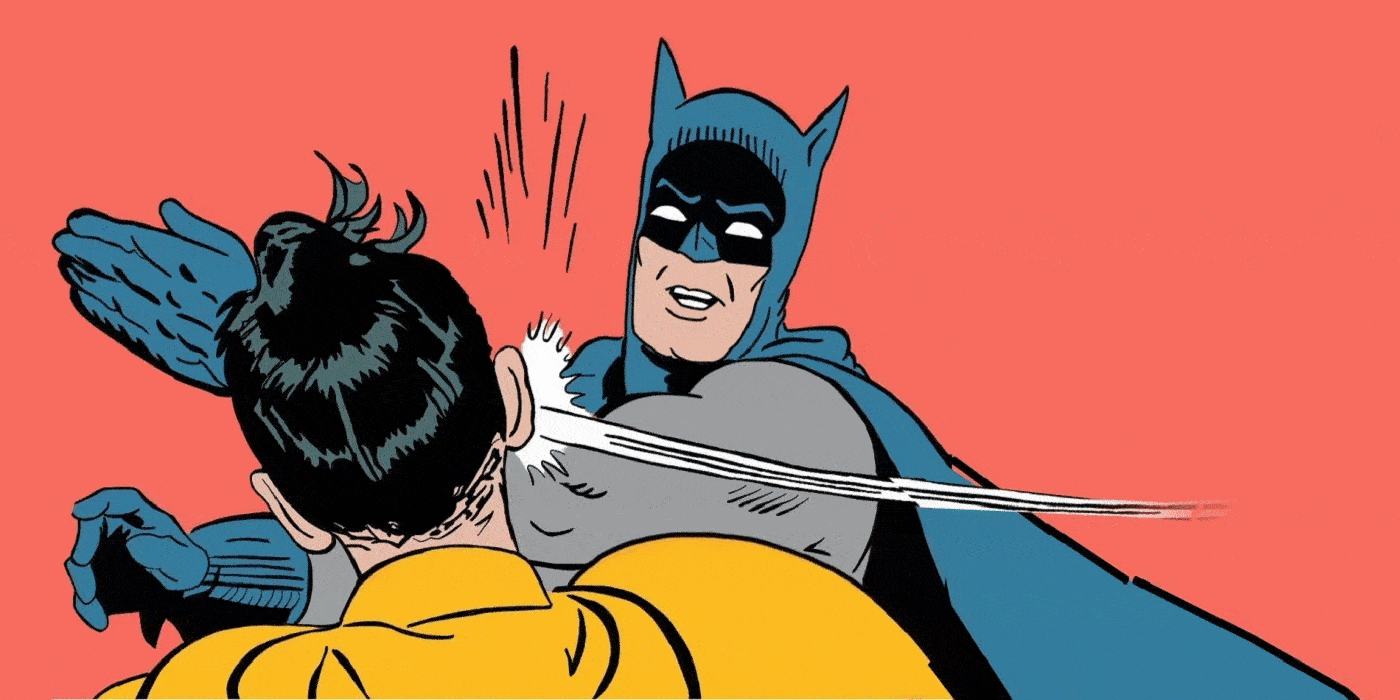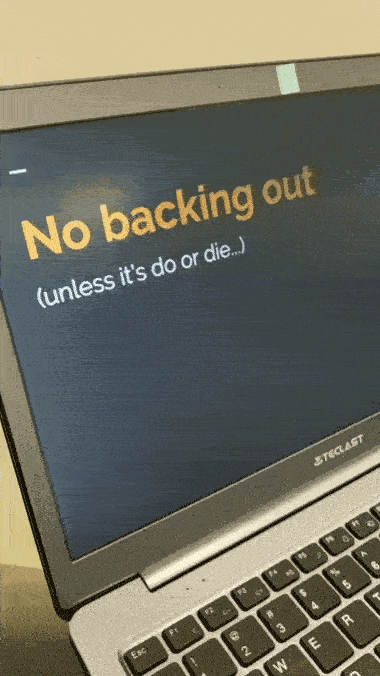
8 pm | De La Salle University Henry Sy Hall -- 📷 after brainstorming session
7 Things I learned from Google Solutions Challenge
In this article, I’ll share my learnings from my Google Solutions Challenge 2020 journey. This is my first-time taking part in a long hackathon. It took us more than a month from idea to solution. I hope you can derive something useful in this article.TLDR
- Starting is hard.
- Sticking to it is harder.
- You don’t have to know everything to start.
- People, it’s all about people.
- Your assumptions are almost always wrong.
- Don’t fall in love with your ideas.
- The ending is not the sweetest part of the journey.
Starting is hard.
Let’s get this out of the way, starting is hard. No matter how driven a person is, there’s friction to starting something. Maybe it’s because of our rational, always calculating brain who loves to weigh pros and cons, manage risks, ask what ifs, and loves to do everything tomorrow. It's not entirely a terrible thing to do. I do those things too. If you don’t, I think that’s just a little bit reckless. People likes certainty because it’s comfortable. Unfortunately, starting out something new doesn’t fall into the comfortable category. We ask a lot of questions. Is it worth it? Am I capable enough? What if it doesn’t turn out the way I want it to be? If you’re asking those kinds of questions, don’t worry. It just means you’re human (if that’s a good thing 😂 🤖).In my experience, it helps to set long-term goals. Those long-term goals guide how you pick your short-term goals. It’s okay if your long-term goal is vague for now, it’s still helpful for setting your short-term goals. It helps to know that your short-term efforts are a prerequisite to realizing your long-term goals. To illustrate, I've set my sights on building my portfolio slowly and continuously during my student life. I care about it because I think it’ll help me land my ideal job. That ideal job will help me learn what I need to achieve my long-term goals. I don’t want to be too specific with the details because nothing is for certain. That’s just not life. But you see, it guides what I do in the short-term. It gives a sense of direction even if it's not crystal clear right now. It helps me to say no to the negative thoughts that hinders me to take the small steps. Starting isn’t easy, so take it easy. Take it slow. Don’t judge yourself too much. Gary Vaynerchuk can say it better:
Stop judging yourself, so many beating themselves up, did you try as hard as you could?, did you have good intent? Good you won. - Gary Vaynerchuk
Sticking to it is harder.
We just talked about how hard it is to start. Once you made the commitment to start, congratulations! You’ll feel the rush and excitement from starting something new, you’ll feel like you can do anything, that you’re unstoppable! Until reality knocks you in the head. It’s not as romantic as you thought. Do you still wish to continue? At the beginning, it helps to keep in mind that it’s a hard road ahead. The road isn’t linear. You might think of a happy road like this one:

Always plan for the fact that no plan ever goes according to plan. - Simon Sinek
You don’t have to know everything to start.
If I waited to know everything before I started this journey, I would've never started. It’s just not workable to know everything from the get-go and expect a smooth and perfect execution. Ignore your inner perfectionist. Allow yourself to look silly and make mistakes. There are things that you’ll only learn because you started doing it. I’m not saying that it’s not reasonable to do your own research beforehand. I do my own research all the time. But there are things that only clicks to you once you’ve had the experience. There will be ideas that won’t connect unless you’ve been there. I’ve attended a design thinking workshop where they talk about user-centered design, identifying pain points, yada yada. It’s interesting but none of those connected to me at first. I came out of the workshop with half-baked understanding. It only made more sense to me once I applied it on our project. If you don’t know everything or don’t fully understand something, it’s okay. You can start by knowing just enough and refine your understanding along the way.People, it’s all about people.
One of the key takeaways in the design thinking approach is its focus on the people element. Tech people like me can make lots of excuses just to try out this new and cool technology. There’s also the tendency to overengineer a solution to solve a simple problem. We’re so focused on the technology side that we forget the real reason we’re building it in the first place. I’m guilty for it. What problem does it solve? How can it improve the experience of the users? Is the technology just adding to the cognitive burden of the users? I never asked those questions before, but this journey taught me how to ask those type of questions. It helped me understand that technology is all about people. At the end of the day, no matter how advanced or robust a technology is, if it doesn’t solve real-world problems, then it doesn’t matter at all. Always remember, it’s not about you and your ideas. It’s about the users whose problems you’re trying to solve.Your assumptions are almost always wrong.
It’s “almost always” because we get lucky sometimes 😂 When you approach a problem you don’t fully understand, you tend to make a lot of assumptions to devise a solution. In our case, we chose a problem in the Disaster Risk Reduction Management category. We don’t understand the ins and outs of the domain. We did our own research and made assumptions to fill in the gaps in our knowledge. There’s nothing wrong with making assumptions, you’ve got to start somewhere. It’s only harmful when you didn’t test your assumptions and you’ve made an expensive decision around it. We were lucky to have someone willing to guide us in navigating the problem. Every time I test my assumptions, I get this:
Don’t fall in love with your ideas.
Our first idea came from our professor. The idea holds a lot of promise and seems “easy” to build. I even thought that we can finish this in 3 weeks. I was so wrong. The more we know about the problem, the more we realize that we know nothing. It was a promising idea, but it turned out to be too complex for us to handle. Had we chosen to cling on to that idea, we wouldn’t have been able to build our project. Don’t fall in love with your ideas. Allow your ideas to change.
The ending is not the sweetest part of the journey.
Every journey has its end. I thought it’s the sweetest part. It turns out, it’s not. Hitting that submit button is comparable to being all hyped up for a food that ends up disappointing you and you’ll say “That’s it? Yun na yon?”. The end is nothing compared to the experience in the middle of the journey. Even in a typical feel good movie, we all know that they will live happily ever after, but we still watch it anyway because most of the fun part is in the development of the story a.k.a. the process. I can’t stress this enough. We’ve had our fair share of team meetings like this one:
If you’re reading this, thank you for sticking until the end. If you don't agree with my thoughts, it's fine (and free!) to disagree. I do hope this article connected to you in some way and that it may help you at some point in your life. If you find this interesting, please share this article with your friends (if any 😉). It would mean a lot to me.